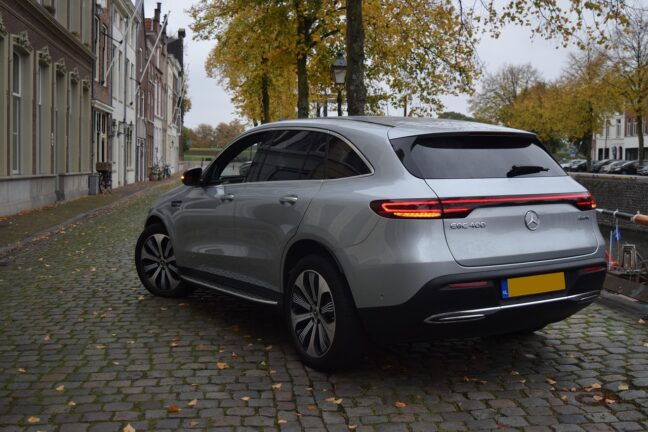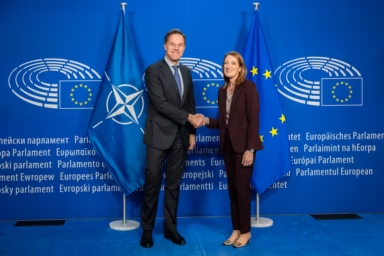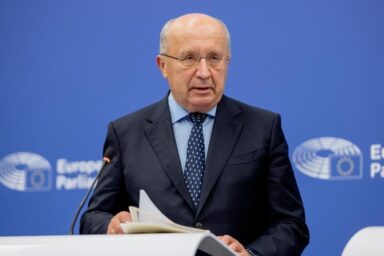Leading figures from Europe’s automotive industry have warned that the EU’s ambitious targets to cut vehicle CO₂ emissions—including the proposed ban on new petrol and diesel cars from 2035—are no longer feasible given the current state of the industry. They are also urging Brussels to allow a broader mix of technologies in the transition.
In a joint letter to European Commission President Ursula von der Leyen, Mercedes‑Benz CEO Ola Källenius (who also serves as president of the European Automobile Manufacturers’ Association, or ACEA) and Matthias Zink, president of the European Association of Automotive Suppliers (CLEPA) and CEO at Schaeffler, reaffirmed their support for the EU’s 2050 net-zero ambitions. However, they said on Wednesday that current policy timelines must adapt to market and industrial realities.
Without policies that enhance European competitiveness to maintain manufacturing, the transition risks hollowing out our industrial base – ACEA and CLEPA letter to European Commission President von der Leyen
A broader path to decarbonisation
Rather than relying solely on battery-electric vehicles, the signatories urged Brussels to keep the door open to a broader mix of technologies, including plug-in hybrids, hydrogen power, and synthetic fuels. Rigid mandates alone, they argued, will not be enough to drive the transition.
“…the Commission must ensure that Europe retains its vital production capacity and technological know-how. Without policies that enhance European competitiveness to maintain manufacturing, the transition risks hollowing out our industrial base, putting innovation, quality employment, and supply chain resilience at risk,” the letter states.
Carmakers hit by tough competition
The letter argues that the region’s heavy dependence on Asia for battery production, coupled with high manufacturing costs and uneven charging infrastructure, is putting European carmakers at a disadvantage. Recent US tariffs have only further strained the sector’s competitiveness.
Notably, the European Commission had already shown some flexibility earlier this year. In March, it extended the compliance window for 2025 CO₂ emission targets, giving carmakers extra time to meet the standards without penalties. This move acknowledged the challenging realities manufacturers face and signalled a potential willingness to adapt future policies to better align with market conditions.
You might be interested
While Commission President von der Leyen remains committed to the 2035 goal of ending sales of new petrol and diesel cars, she has also suggested a more flexible approach within the broader framework, including allowing e-fuels as an alternative.
Electric vehicle uptake remains modest
Electric vehicles currently make up about 15 per cent of new car sales in the EU, with electric vans at around 9 per cent. The European Commission has invited key industry leaders to a summit on 12 September to discuss the future of the automotive sector. The move comes amid rising competition from Chinese manufacturers as well as shifting transatlantic trade policy driven by the current US administration.











